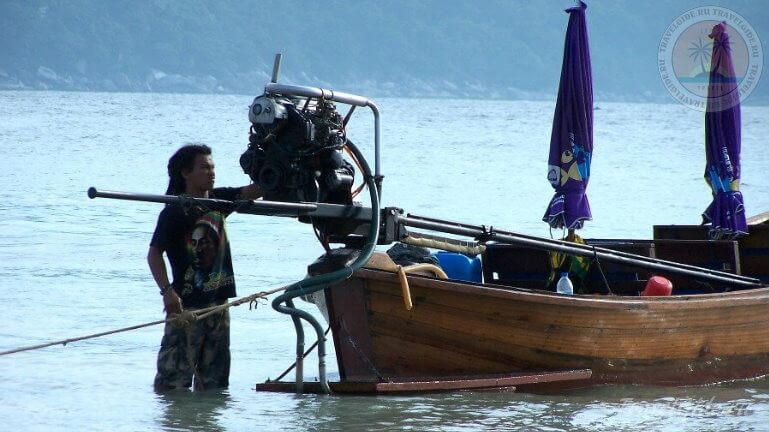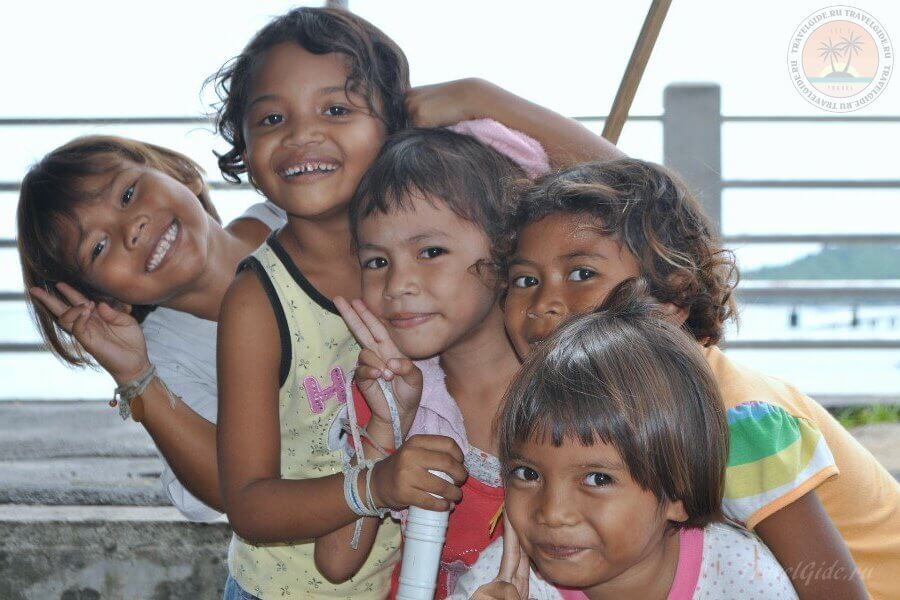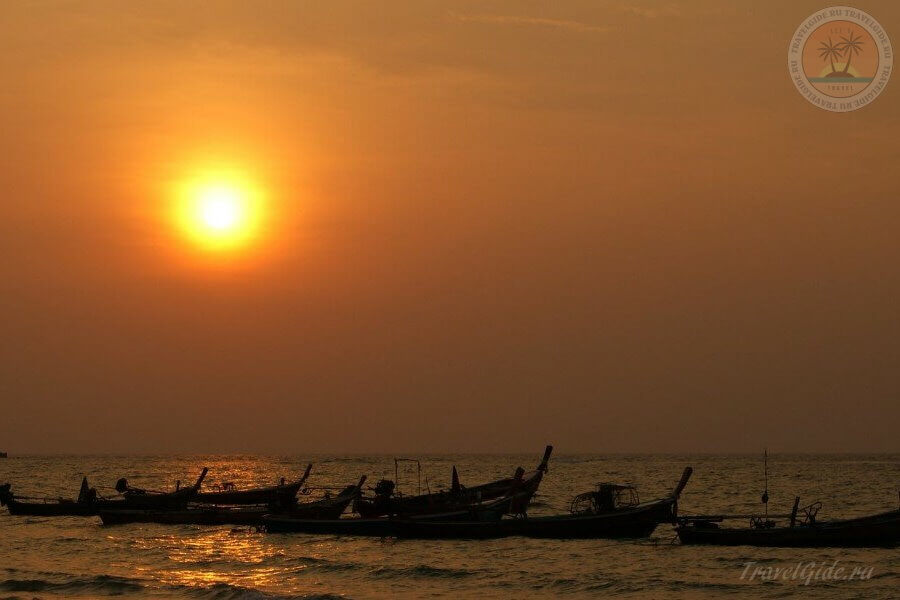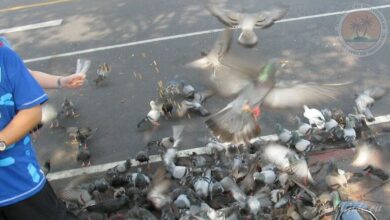
How the pandemic helped Chao Le sea gypsies in Phuket, Thailand
TThe current pandemic has bled the travel industry around the world. Phuket Island as the most popular destination Thailand, which was visited by more than 9 million people in 2019, was also hit hard in this regard. But for the Chao Le or "Sea Gypsies" living in Phuket, this is a "dream" time. They have time to relax, enjoy a calm and comfortable life, before the island is filled with tourists again.
Chao le people on Phuket island in Thailand
A little more than 1,200 representatives of the Chao Le people, who are also called "sea gypsies", live in the area of the famous tourist center of Phuket - Rawai Beach. They live on a piece of land a few hundred meters from the south beach. This is the land of their ancestors who probably arrived from Indonesia over three hundred years ago, long before Phuket became a popular tourist destination.

Over time, this land, located near the sea, has become almost "golden". Investors have long laid their eyes on her. They began to build hotels and facilities related to the tourism business here ... The tourist boom has led to a reduction in fish stocks and a decrease in fishing grounds. In general, the traditional way of life of the Chao Le people was slowly but surely turned upside down.
But with the advent of the pandemic, gradually all construction work was suspended. Thousands of workers left the construction sites, and the "sea gypsies" learned to enjoy their old life again.
What exactly has changed in the life of sea gypsies in Phuket?
Life for the Chao Le people has become easier. Cruise ships, numerous yachts and high-speed speedboats are mostly moored and fishing has therefore become easier. Fishermen no longer need to dive as deep as before to get a good catch. This makes their occupation less dangerous. Well, the fish itself has become much larger.
Also, due to the lack of tourists, the authorities of the island have become more loyal to the fishermen. Chao le boats have occasionally entered marine protected areas or come too close to closed tourist areas.
In the past, they were at risk of heavy fines, arrest or confiscation of property. At such moments, the fishermen had to very quickly rise from a decent depth to the surface of the water. There was a danger of decompression. Many divers have suffered severely from this.

However, what will happen to the people of Chao Le when the pandemic ends and the tourist flow returns to normal again? They will undoubtedly again have to fight against encroachment on their ancestral lands. But this “battle”, as practice shows, has already turned out to be unequal. Many Chao Le people can neither read nor write. And some families have not formalized the ownership of the land on which their distant ancestors lived.

As a result, we can probably say that the “sea gypsies” Chao Le from Phuket Island in Thailand only benefited from the current situation in the world. But here’s what the resumption of the tourist flow will eventually turn into for them - this still remains a question ...


